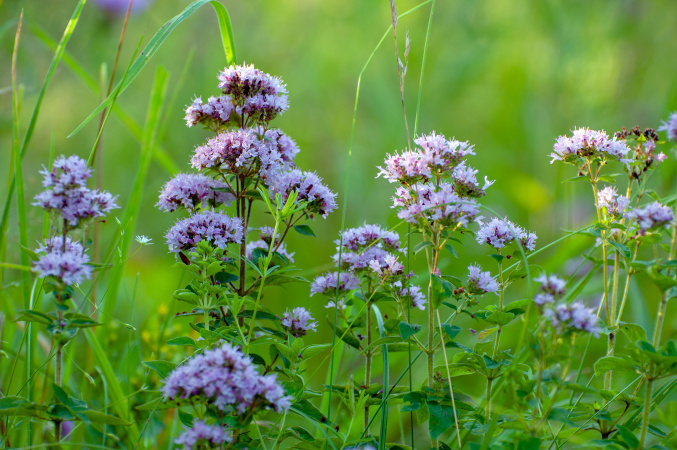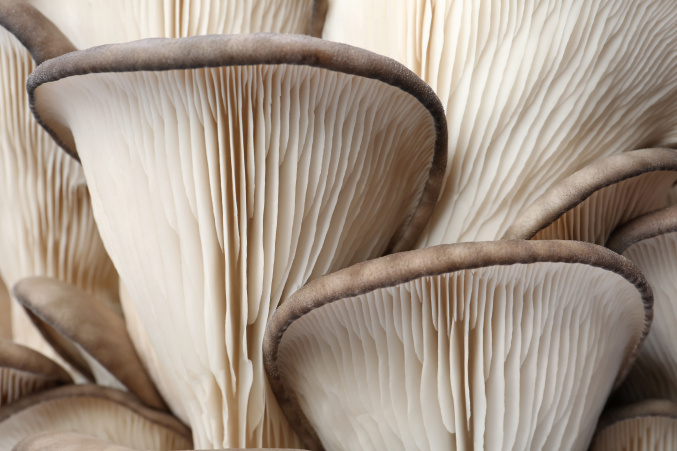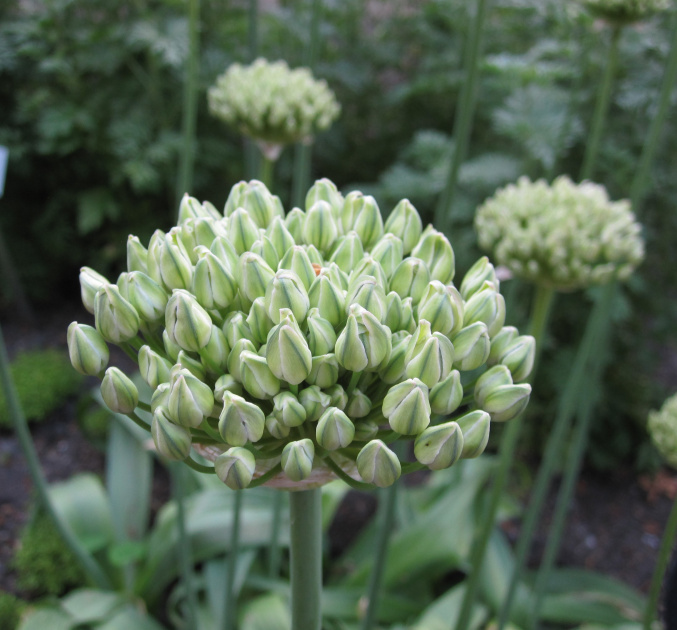Natural antibiotics
Sophie Lemajeur

Why talk about antibiotics?
Some inventions are profoundly changing the world. The antibiotic was such an invention. By a happy coincidence, in 1928, Scottish physician Alexander Fleming discovered a fungus that stopped the growth of bacteria. He called the active ingredient penicillin. The find heralded a new era. An era when people no longer died from simple infections. In which complex interventions, such as operations, could also be safely performed. Many new antibiotics were added. And a world of new possibilities opened up. In other words, the 20th century completely changed the world of medicine.
Is there such a thing as a natural antibiotic? And did people know that?
The first, oregano, or to put it another way, wild marjoram, Origanum Vulgare, widely acclaimed as a symbol of peace by the Greek goddess Aphrodite and medically acclaimed by Aristotle as an antidote to accidental poisonous snakes. The Egyptians and Romans were also familiar with the healing power of oregano. Fortunately, today it is again widely known that oregano not only has strong antibiotic properties, but also strengthens the lungs so that it can be used easily in asthma, and therefore also in respiratory problems caused by Corona. Oregano is also an antiviral agent and prevents herpes and even the flu. It is a fantastic aid to the body's natural defense system: it is rich in minerals, contains Vitamin K, antioxidants and fiber.
The second propolis, we owe to the incredible power of the bees. In short: propolis is extracted from the resin around the hive, a substance that the worker bees secrete in the resin before feeding the queen bee. This fabric therefore protects the queen bee against all possible attacks from bacteria. As a result, the queen bee lives much longer than the worker bee. Historically, Egyptians, Greeks, and Romans alike were familiar with the myriad of inexplicable medicinal properties of the propolis, and many were therefore healed when consumed appropriately. Natural and / or alternative medicine practitioners use propolis to treat a variety of ailments, including viral diseases!
Closure
So we can safely assume that in the 20th century the power of antibiotics was somewhat "rediscovered". While it was already there all these years. Perhaps in today's society it is more easily available to everyone than it was 2000 years ago. Nature really offers us everything we need to stay healthy or become healthy again, so let's apply it enthusiastically!
So don't forget to call on antibiotics in time for this 21st century, whether or not of course!



